The Student-Postdoc Advisory Committee (SPC) advises the VSS board and membership about how events, workshops, meeting structure, and activities can best target the needs of trainee members and attendees. The SPC reaches out to trainees to solicit opinions and ideas. Based upon feedback, the Committee organizes special events.
Each year VSS will solicit nominations for new members of the Student-Postdoc Advisory Committee to replace three members who will be rolling off the Committee. Terms end in May of the year shown.
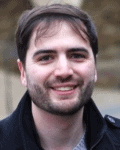 Doug Addleman (2023)
Doug Addleman (2023)
Dartmouth College
Doug Addleman is a postdoctoral researcher at Dartmouth College, before which he earned his Ph.D. in Psychology from the University of Minnesota. He studies selective attention, focusing on experience-driven attention, attention in multiple modalities, and the effects of vision loss on spatial attention. On the Student-Postdoc Advisory Committee, Doug is committed to advocating for the diverse interests and identities of vision scientists in training.
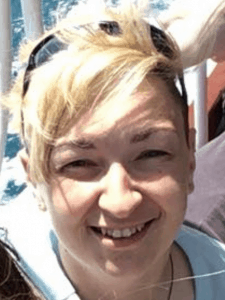 Stacey Aston (2022) Chair
Stacey Aston (2022) Chair
Durham University
Stacey Aston is a postdoctoral researcher in Durham University’s Psychology Department. In her research, she studies visual and multi-sensory information integration for human perception and decision making. Stacey joined SPC to have a positive impact on the VSS experience for student and postdoc members. She is sure that the newly formed SPC committee will be a valuable asset to the VSS team as they work to enrich the VSS program with many more development and networking opportunities.
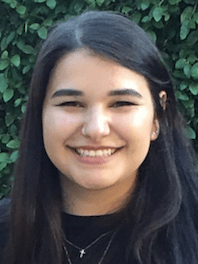 Cristina Ceja (2022) Record Keeper
Cristina Ceja (2022) Record Keeper
Northwestern University
Cristina Ceja is a graduate student at Northwestern University pursuing a PhD in Psychology. She is interested in exploring the limits of our visual system in perceiving, processing, and updating visual representations. Currently, she studies how the visual system binds features to objects, and the role of visual attention in this binding process. As a member of the Student-Postdoc Advisory Committee (SPC), she looks forward to building on her existing outreach efforts and committee work dedicated to engaging and advocating for trainees.
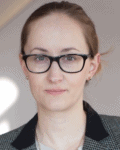 Sabrina Hansmann-Roth (2023)
Sabrina Hansmann-Roth (2023)
University of Lille
Sabrina Hansmann-Roth is a postdoctoral researcher at the University of Lille. She obtained her Ph.D. in 2016 from the Université Paris Descartes under the supervision of Pascal Mamassian working on material perception. She continued as a postdoctoral researcher at the University of Iceland to study the implicit encoding of probabilistic visual information. Her research focuses on ensemble perception, serial dependence, decision making and spatial vision besides her continuous interest in material perception. Sabrina is looking forward to be a part of the SPC and will reach out to the early-career researchers to understand their concerns and needs and how the Vision community can provide an inclusive environment for all attendees.
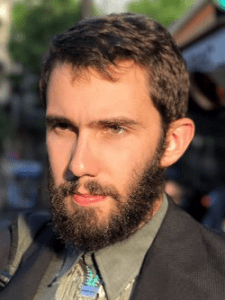 Björn Jörges (2022) Board Liaison
Björn Jörges (2022) Board Liaison
York University
Björn finished his PhD at University of Barcelona and is currently doing a PostDoc at York University, Toronto, in a project funded by the Canadian Space Agency. His research is focused on the role of vestibular cues for visual perception and how we perceive moving objects while we ourselves are moving through the environment. He is furthermore convinced that open and diverse science is better science.
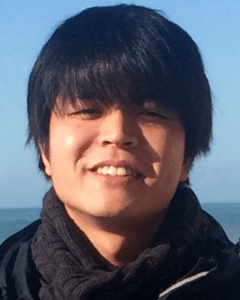 Takuma Morimoto (2023)
Takuma Morimoto (2023)
University of Oxford
Takuma Morimoto is currently a Sir Henry Wellcome Postdoctoral Fellow in the Department of Experimental Psychology at University of Oxford, where he received a Ph.D in 2020. His research aims to understand mechanisms underpinning stable visual percepts of material properties, such as color and gloss, across vastly different lighting environments. Takuma joined the Student-Postdoc Advisory Committee to help make VSS an even more diverse and inclusive community. He is especially keen to support students and early career researchers with non-traditional pathways to research using his experiences as a first-generation student.
Incoming SPC Members (2022-2024)
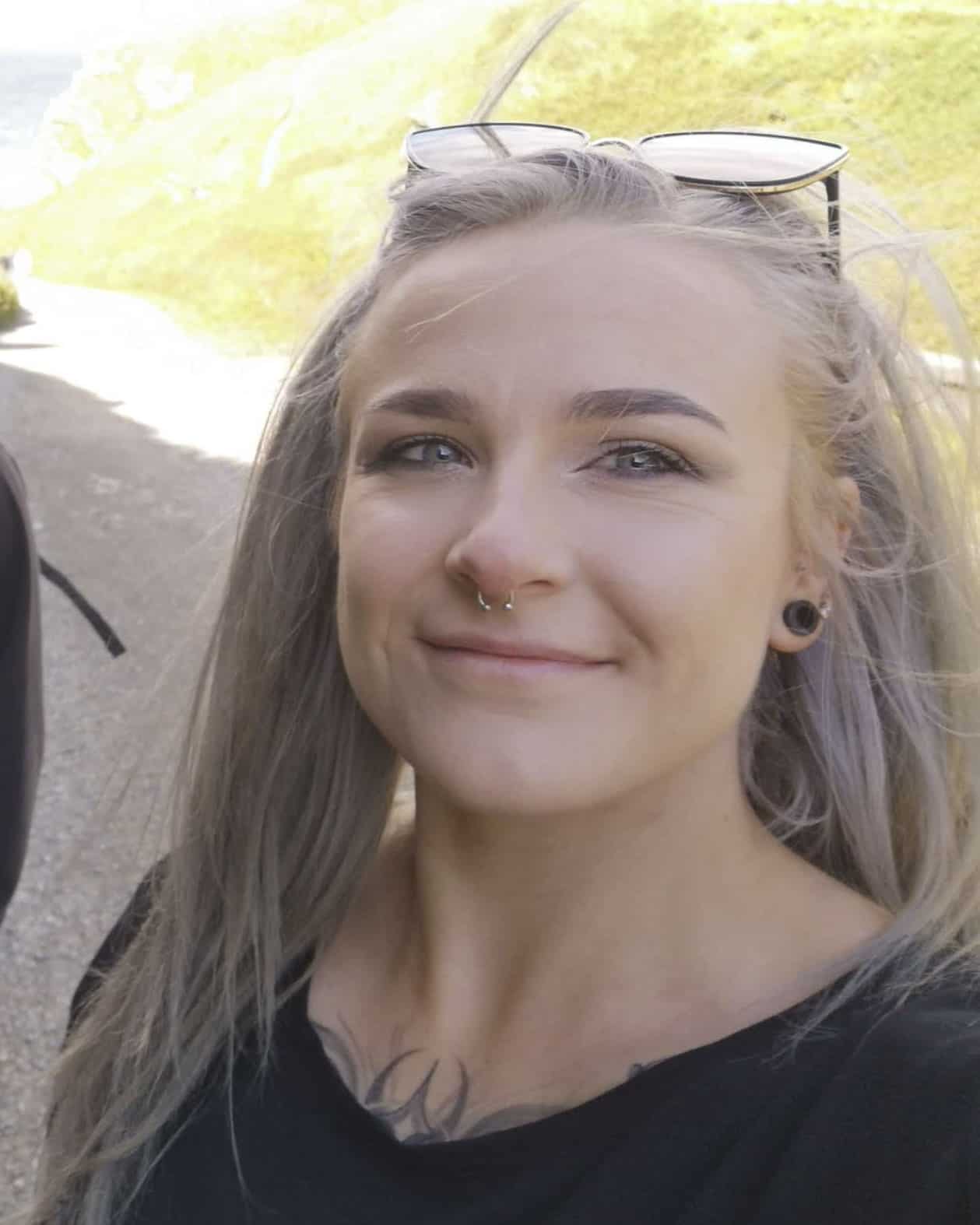 Rebecca Hornsey (2024)
Rebecca Hornsey (2024)
York University
After completing her PhD in Psychology at the University of Essex, Rebecca is now a Postdoctoral Research Fellow at York University, in the Centre for Vision Research. Her research interests surround the investigation of visual perception in virtual reality and she is currently researching distance perception within consumer headsets. As part of the committee, and as an early career researcher herself, Rebecca is keen to liaise with other early career researchers and help improve the experience of those in the VSS community. Rebecca is also looking forward to sharing her passion of vision research with a wider network of individuals, and organising exciting, new events.
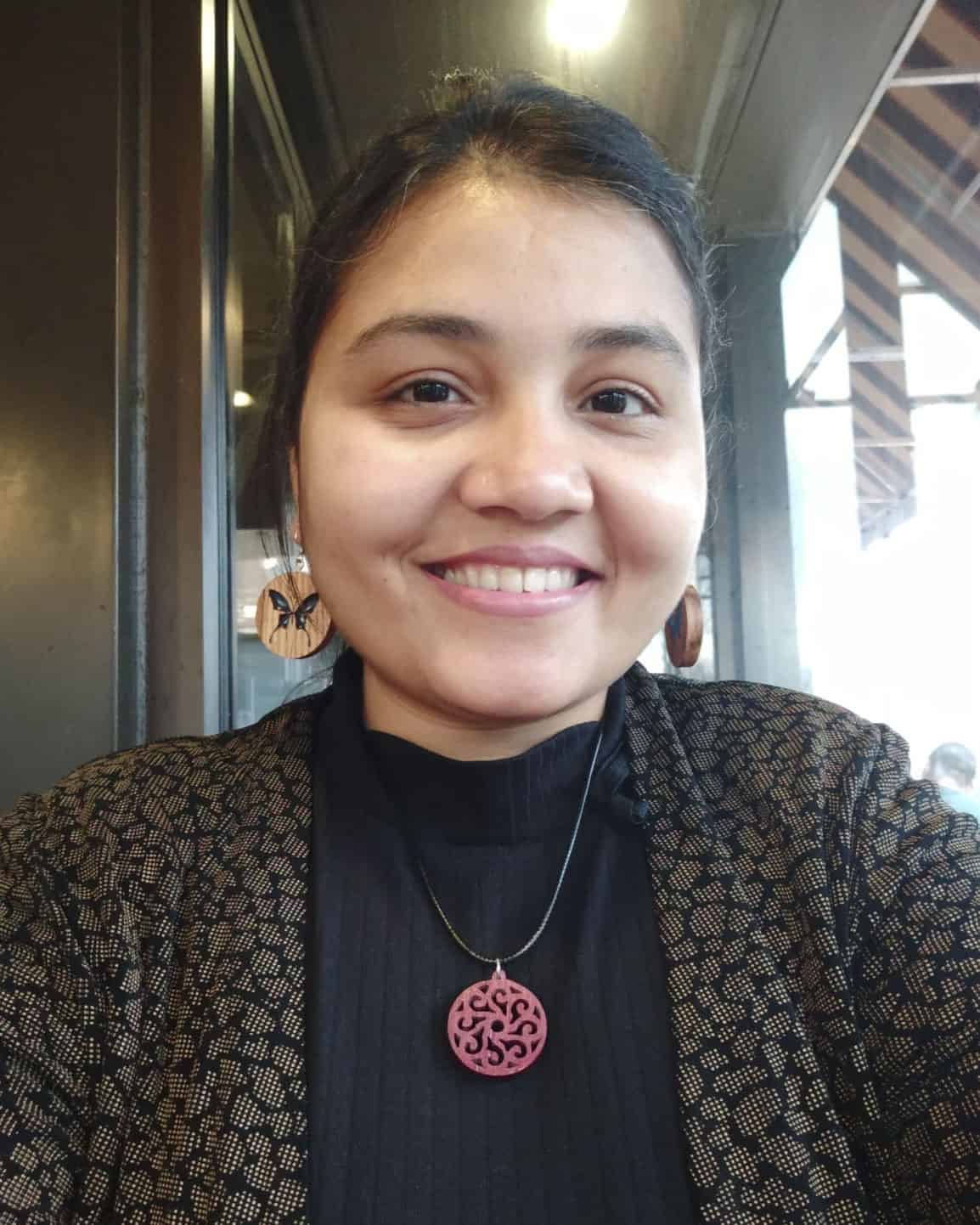 Maruti Mishra (2024)
Maruti Mishra (2024)
University of Richmond
Maruti is currently a Trawick Postdoctoral fellow at the Department of Psychology, University of Richmond, VA, where she investigates neural correlates of face processing mechanisms, and teaches a semester course on ‘Animal Minds’ to undergraduate students. She obtained her PhD in Cognitive Science (2018) from the Centre of Behavioral and Cognitive Sciences, University of Allahabad, India, with a focus on how visual attention influences face perception. She travelled to the USA to pursue her postdoctoral research in developmental prosopagnosia at Harvard Medical School, Boston, and then investigated the role of micro saccades in visual perception at the University of Rochester, NY. In pursuing these interests, she has used a range of methods, including psychophysics, electroencephalography, eye tracking, and diffusion tensor imaging. As a member of the VSS-SPC she is interested in a) enhancing the representation of international women scientists in vision science, b) advocate for mental health issues in academia, and c) find strategies to support scientists during unprecedented situations, especially what we have seen during COVID and now the outcomes of the war.
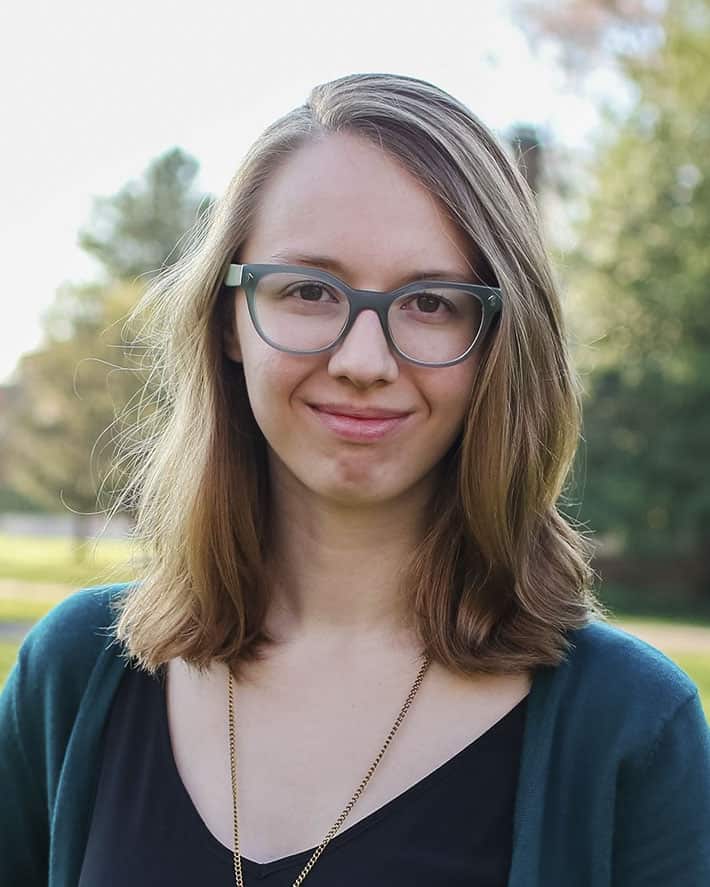 Stephanie Shields (2024)
Stephanie Shields (2024)
University of Texas at Austin
Stephanie Shields is a graduate student pursuing a PhD in Neuroscience at The University of Texas at Austin. She is interested in studying how sensory information is processed in neural circuits to support perception, particularly stereoscopic perception. Her dissertation research focuses on the impact of environment-to-retinae geometry on the encoding and perception of 3D orientation. Stephanie is committed to helping support the needs and success of her fellow early career researchers, and she looks forward to doing so as a member of VSS’s SPC.

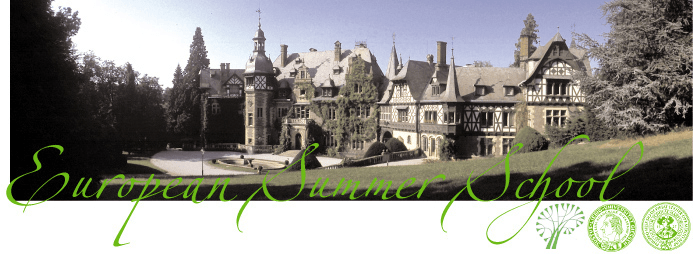
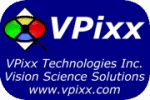

 Doug Addleman (2023)
Doug Addleman (2023) Stacey Aston (2022)
Stacey Aston (2022)  Cristina Ceja (2022)
Cristina Ceja (2022) 
 Björn Jörges (2022)
Björn Jörges (2022) 


